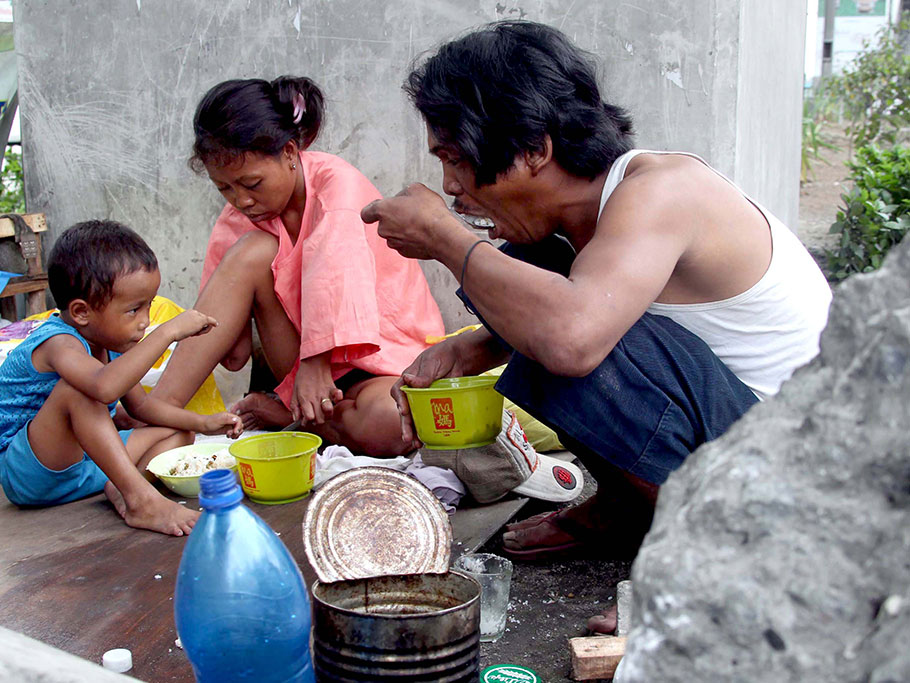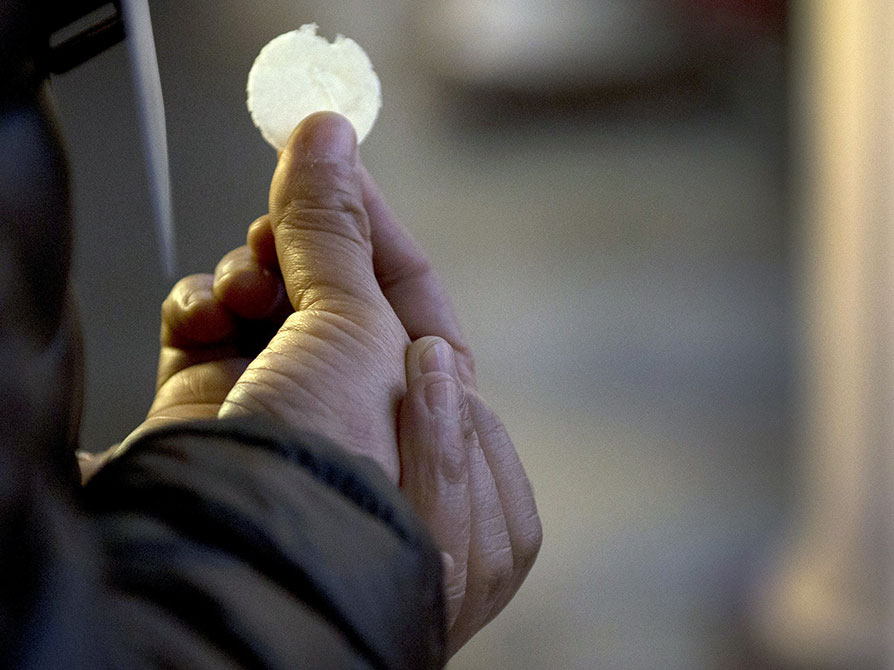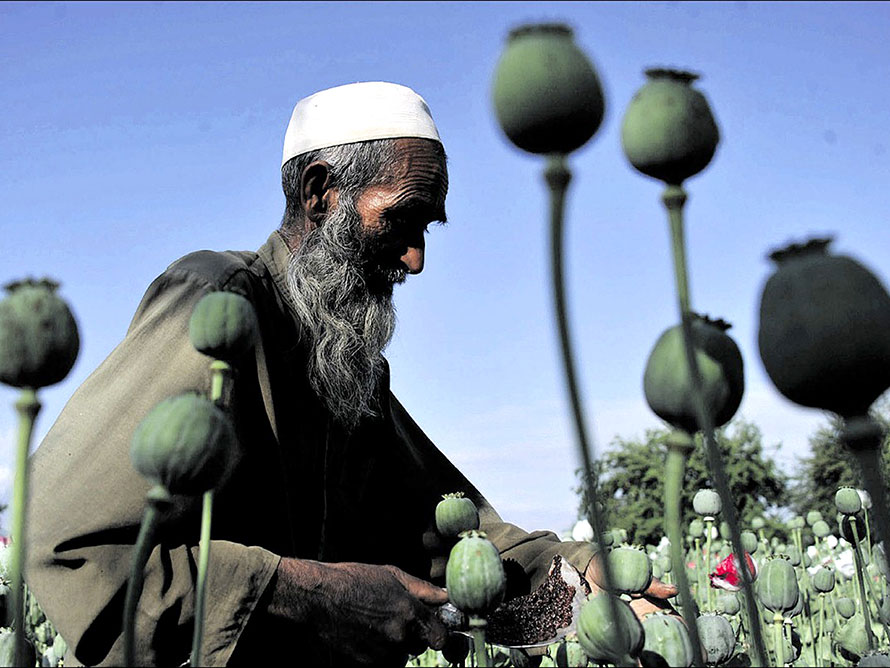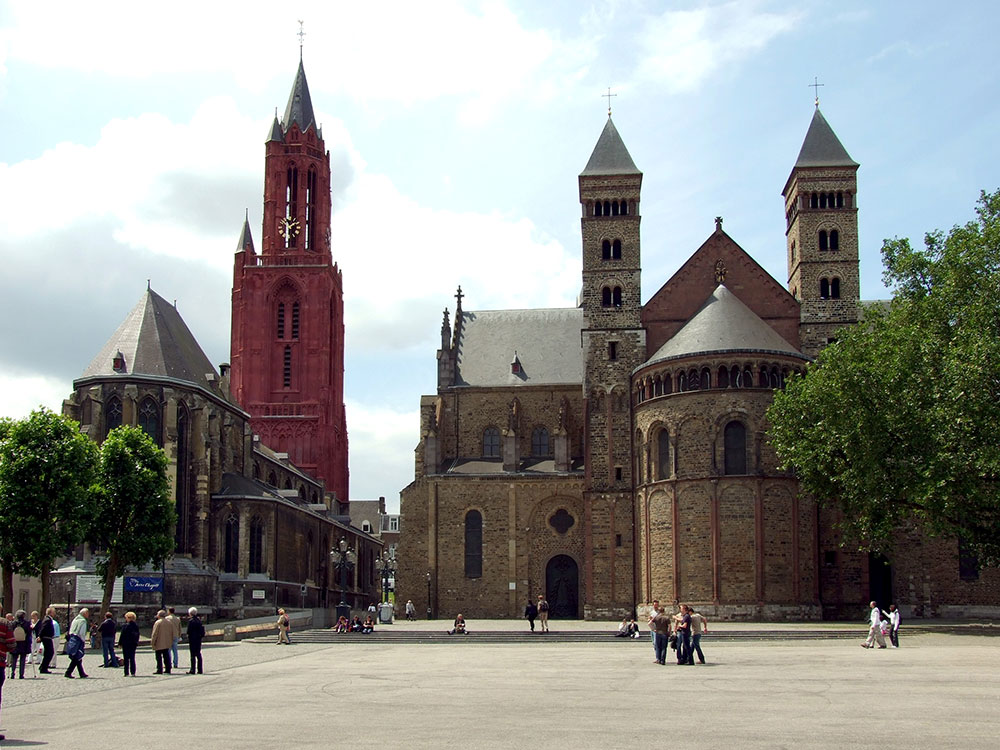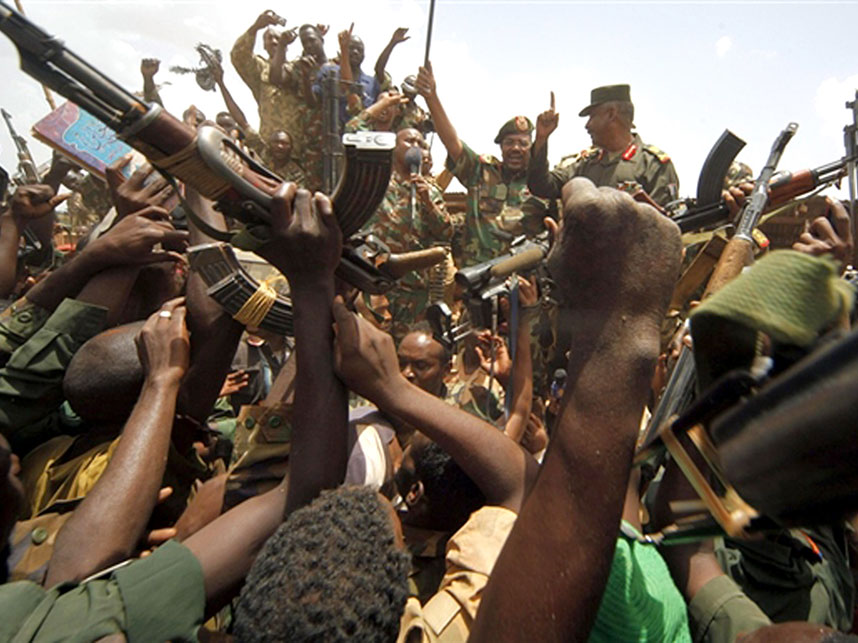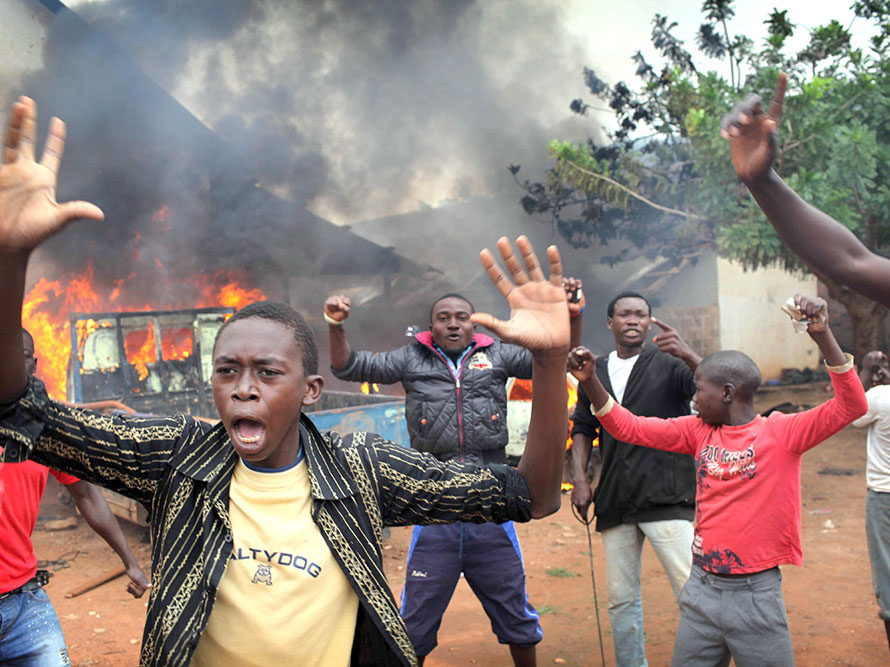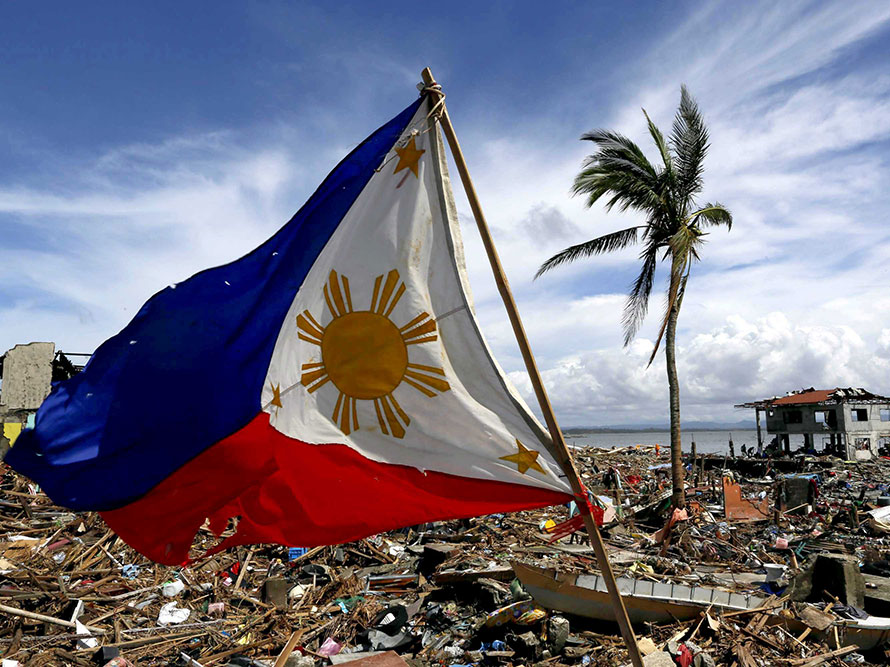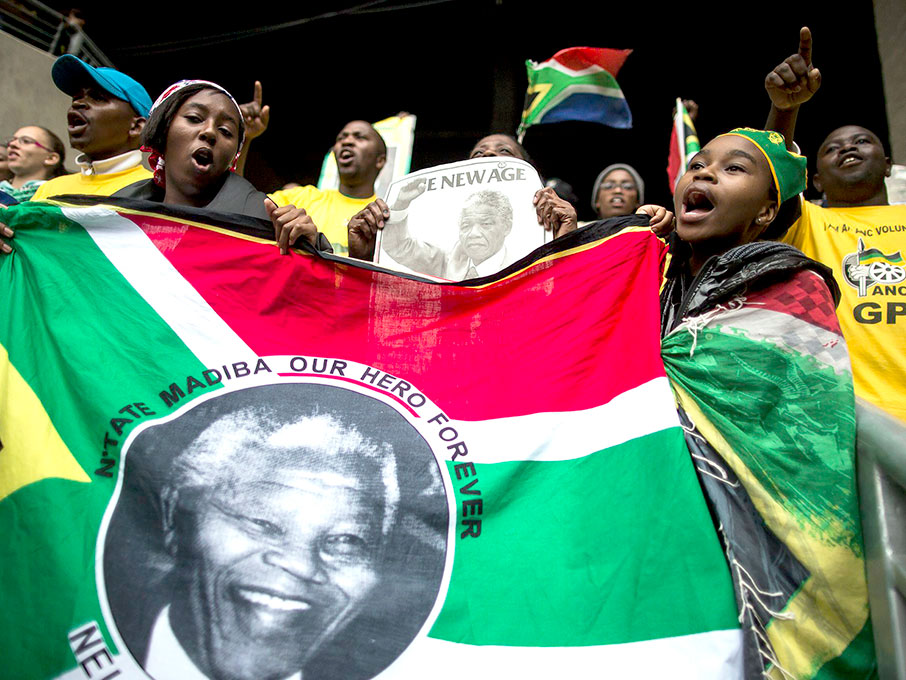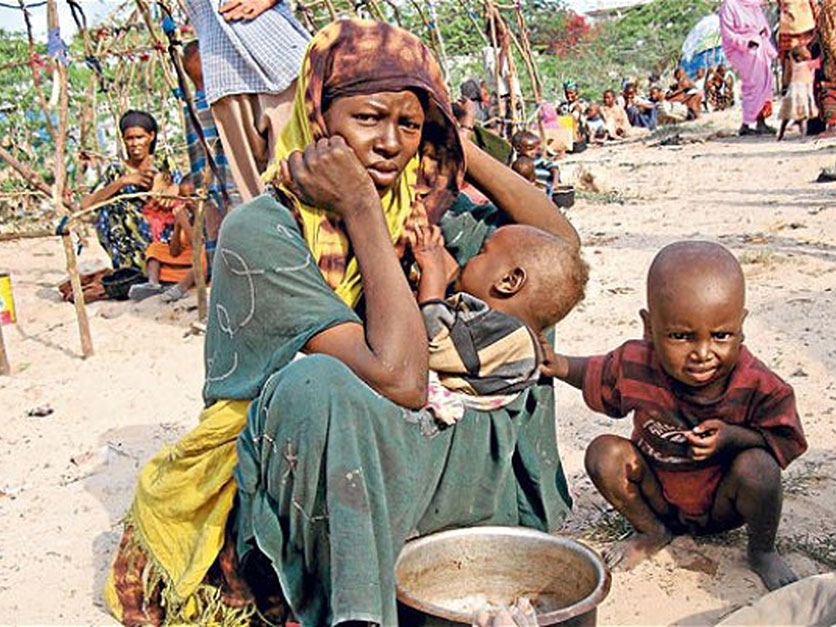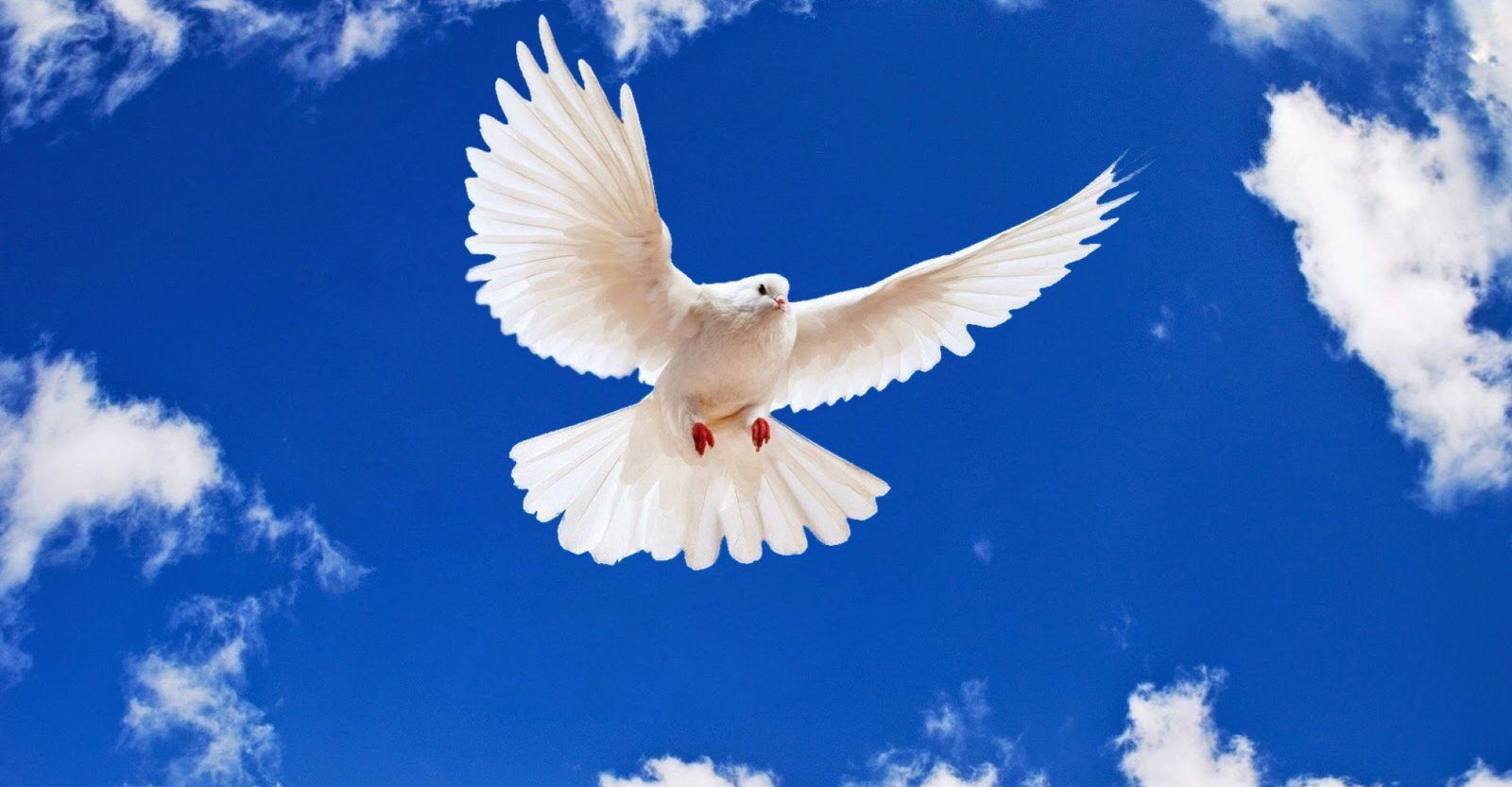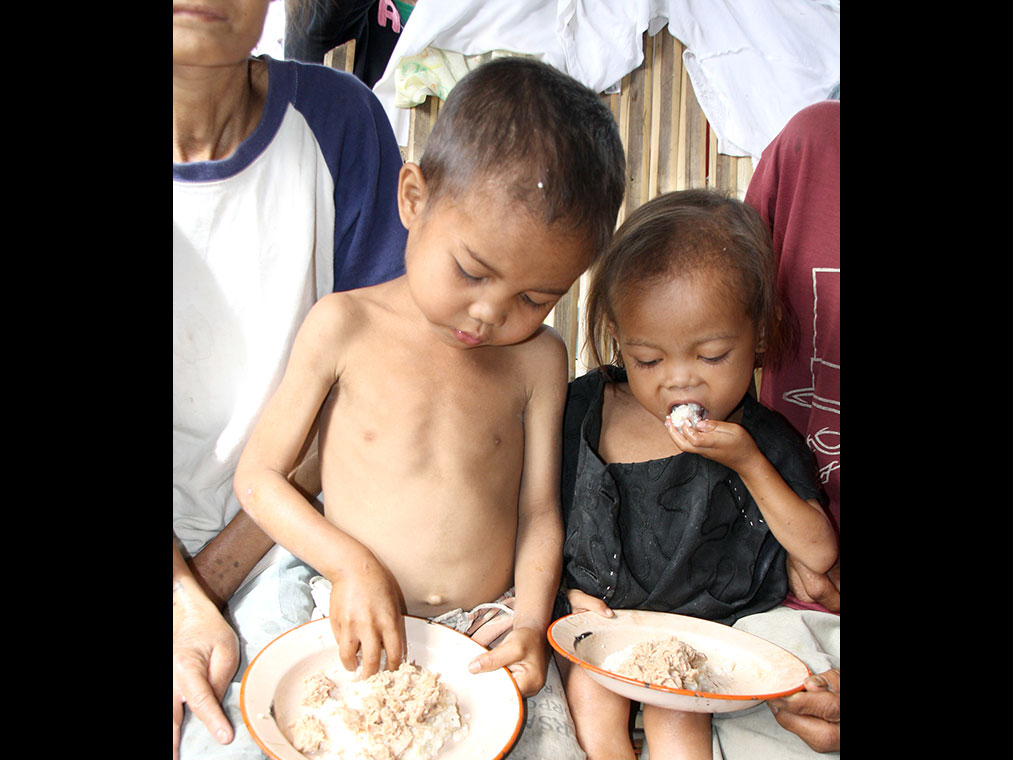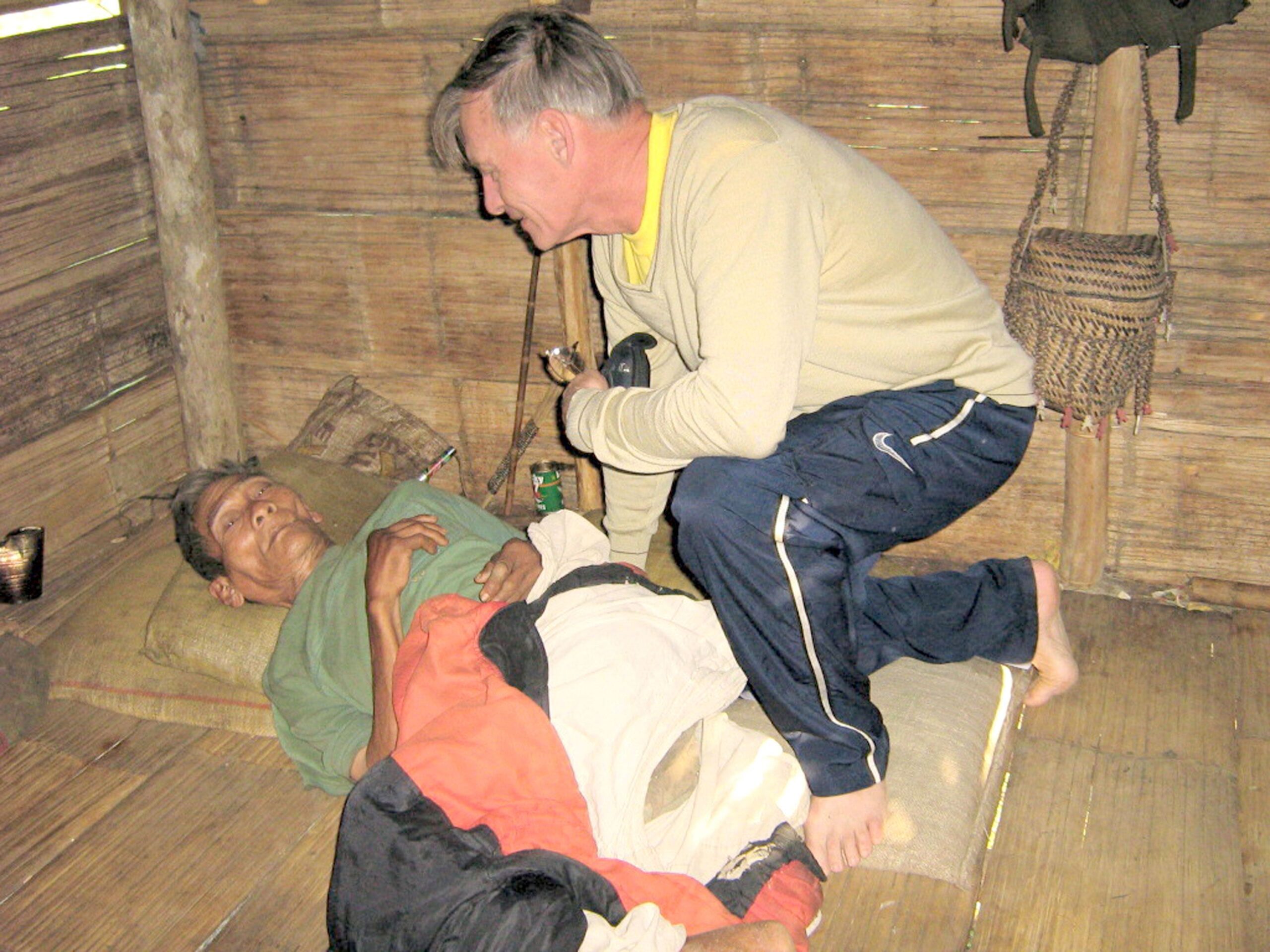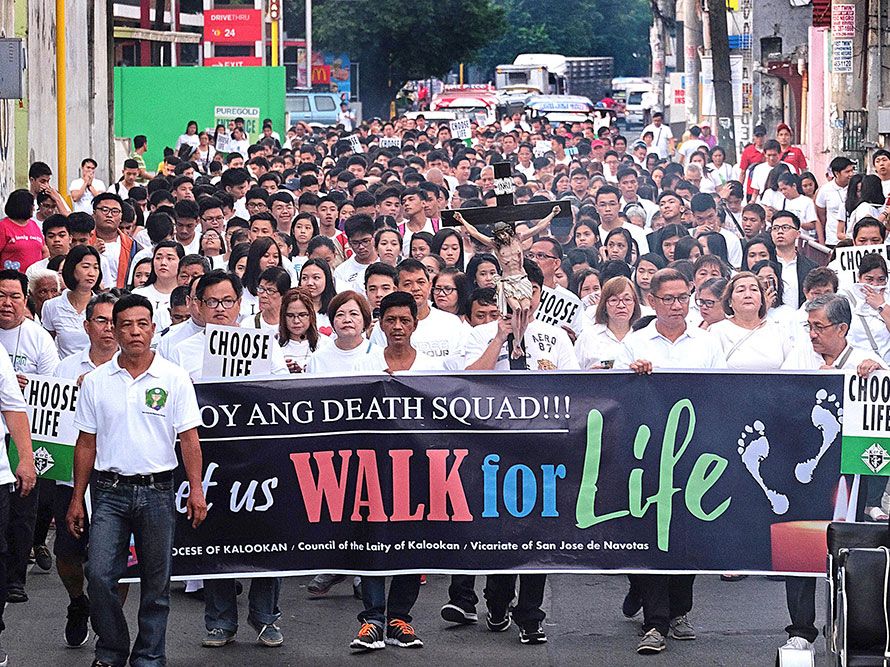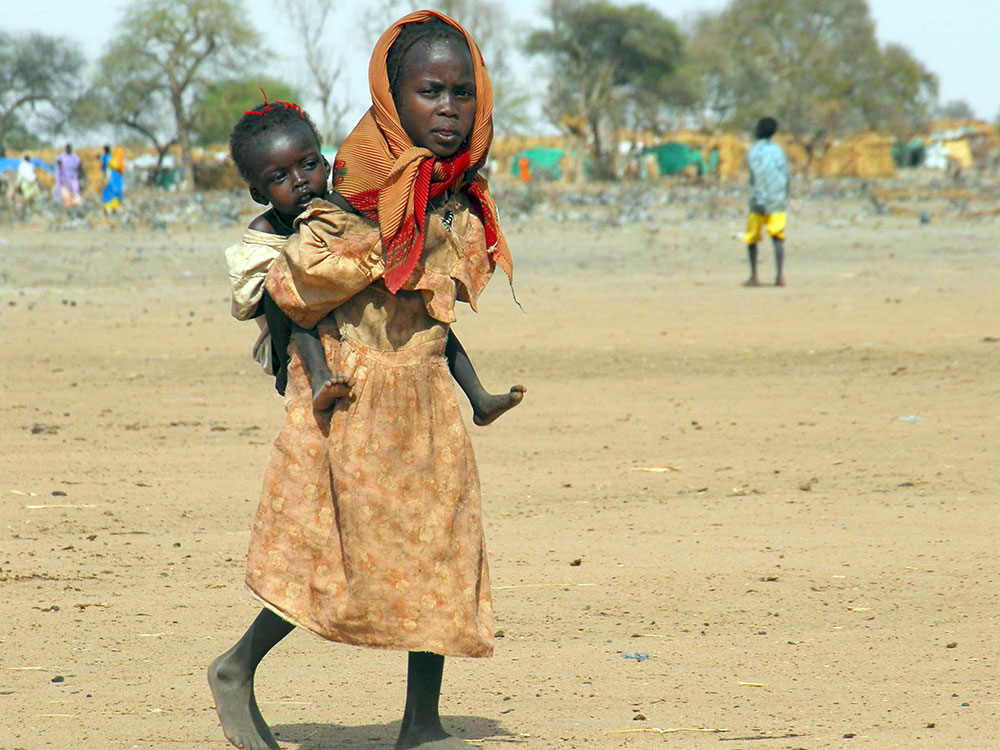He is a 17 year-old jobless youth whose home was taken away by the 245 kilometer per hour wind. Then his dignity was taken away by human traffickers who forced him and six other youth from Cebu into unpaid labor on a fishing boat and then abandoned them hungry and unpaid. Then he sunk into even greater poverty when his freedom and human rights were taken from him by the authorities when they jailed him for being a vagrant. He was rescued from illegal imprisonment recently.
But the one image that haunts me is that of Edgar, one of the poorest of the poor and typical of hundreds of thousands of Filipinos: a street boy, skinny, emaciated, skeletal, the human no one wants to look at. He was found wounded on the street. He had in his possession one pair of shorts to cover his otherwise naked body. He had nothing else in this world. A reality so shocking where the obese are more numerous than the 1.2 B poor that live on less that U.S.$2 a day. The Philippines with its towering condominiums, wealth and opulence of the ruling elite is the poorest nation of Asia for its population size. It is one country that has not made progress in reducing poverty, unlike other Asian countries, despite economic growth.
There are 29M Filipinos living below the poverty line based on figures released by the government statistics office. The population is more or less 105M and 27.9%, in 2013, are living below the poverty line. This is almost the same as it was four to seven years ago. Walden Bello, in his writing, Afterthoughts, says that the rest of the world has made great improvement since 2005 to 2008 in reducing poverty as the World Bank declared: “The progress is so drastic that the world has met the United Nations’ Millennium Development Goals to cut extreme poverty in half, five years before its 2015 deadline.”
The Philippines has not made any such strides and the roots of poverty are found in the concentration of economic and fiscal power in the hands of a few powerful families. Debt is a tool of control. Getting poor countries into debt was a deliberate policy by rich nations to have economic and political influence over developing nations by ensnaring them in webs of foreign debt administered by the World Bank, the Asian Development Bank and by the International Monetary Fund (IMF).
The worldwide campaign to cancel debt succeeded in exposing this tactic and nations refused to pay or had it restructured and changed economic policy for one that gave real freedom and growth that favored the poor. But the Philippine elite, forever subservient, made debt servicing their obedient obligation. This slavery to the debt masters consumes as much as 25% of the national budget leaving little for other investments in infrastructure and rural development .
The Philippine government and their backers are clinging to an economic ideology that allows multinationals to exploit the economy and natural resources and makes them all richer and the rest of the nation poorer. The Philippine Congress passed mining laws, for example, that gave the international mining corporations unprecedented privileges that many claim are unconstitutional. They destroy the environment with open pit excavations, cut forests causing landslides and disasters and entire villages and communities are uprooted and driven into poverty. The poor are driven from the impoverished countryside to urban slums where their children, some as young as 13 years-old, end up in the sex trade exploited by local and foreign sex tourists with government leaders allowing it and profiting from the outrage.
Poverty is allowed to grow by the greed of the dynastic families that hold a monopoly of political power backed by the military. The Philippines will remain among the most backward and poorest of nations unless there is a dedicated pro-poor government in power and that is not likely in the foreseeable future.

